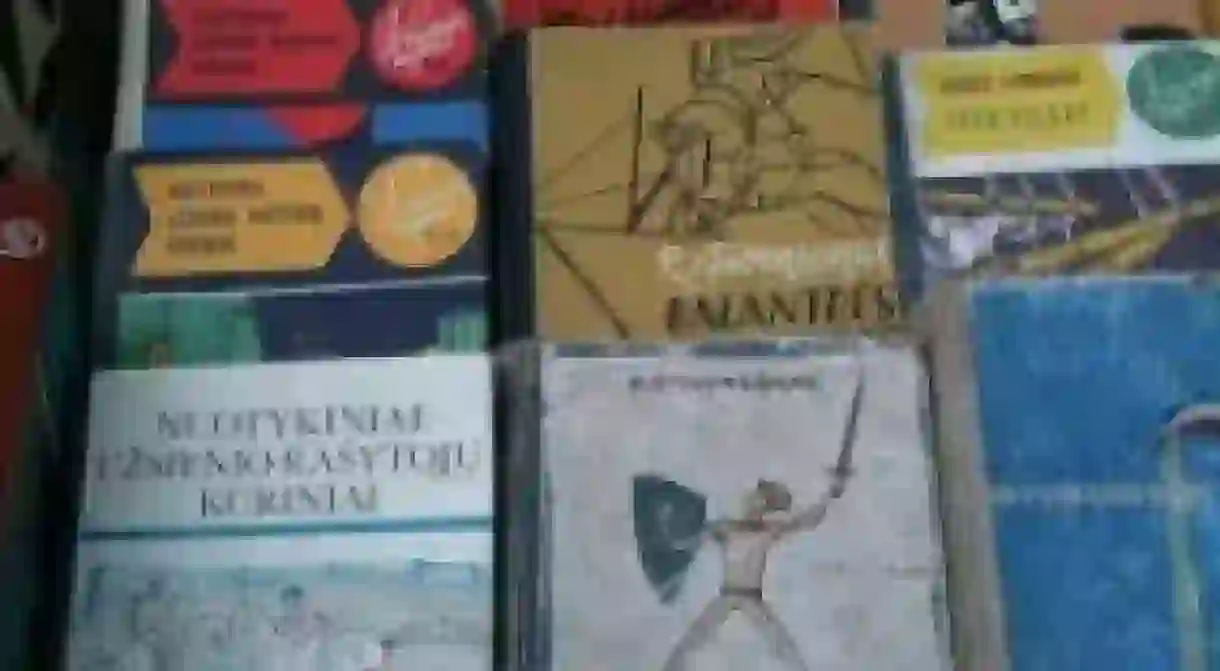Lithuania: A Literary Legacy

The Knygnešiai or ‘Book Smugglers’ are a group of people that risked life and limb to preserve their language and national identity through smuggling contraband literature. They defied a ban issued by the Russians from 1866 to 1904 that attempted to replace Latin orthography with Cyrillic. In doing so they have become a symbol of resistance against Russification.

The largest of the Baltic states, Lithuania has a literary tradition to be reckoned with. Having been subjected to centuries of foreign occupation, Lithuanians have largely maintained their sense of national identity through literature, to which they are greatly indebted for the survival of their language. During the 19th century for instance, in an attempt to sever traditional ties between Lithuania and Poland, the Tsarists annexed Lithuania and prevented the publication of books in the Latin script. Out of this oppression however emerged a network of underground book smugglers or knygnešiai (from the Lithuanian ‘knyga’ meaning book and ‘nešti’, to carry) who risked life and limb to distribute texts printed in East Prussia and further abroad into the country.
Under Soviet rule, Lithuanians sought similar literary refuge in religious works. The capacity of literature to help individuals maintain a sense of dignified humanity in even the most adverse situations is especially present amongst some of the more magnanimous works of the 20th century, from Primo Levi to Aleksandr Solzhenitsyn, though it is rare to see such a practice on a nationwide scale and sustained for so long.
The struggle of the Lithuanian book smugglers has recently been celebrated in documentary form through a rare Lithuanian-Irish partnership in which Gearóid Mac Lochlainn, an Irish language poet, and Albertas Vidziunas explore the history of the book smugglers (Knygnešiai / Smugléirí Leabhar). Through this, the poet reflects upon the potential evanescence of his own native tongue. The documentary was screened throughout Europe and as far afield as South Africa, winning both The Golden Grape Award in 2011 (40th Lubuskie Film Summer – Łagów 2011) and the Silver Crane Award (Lithuania’s national award) in 2010. In a world in which the threat of cultural homogenization continually looms, the questions this documentary raises remain pertinent for all lovers of language and culture.
Watch a short documentary on the book smugglers:
Image courtesy of banlon1964/flickr













